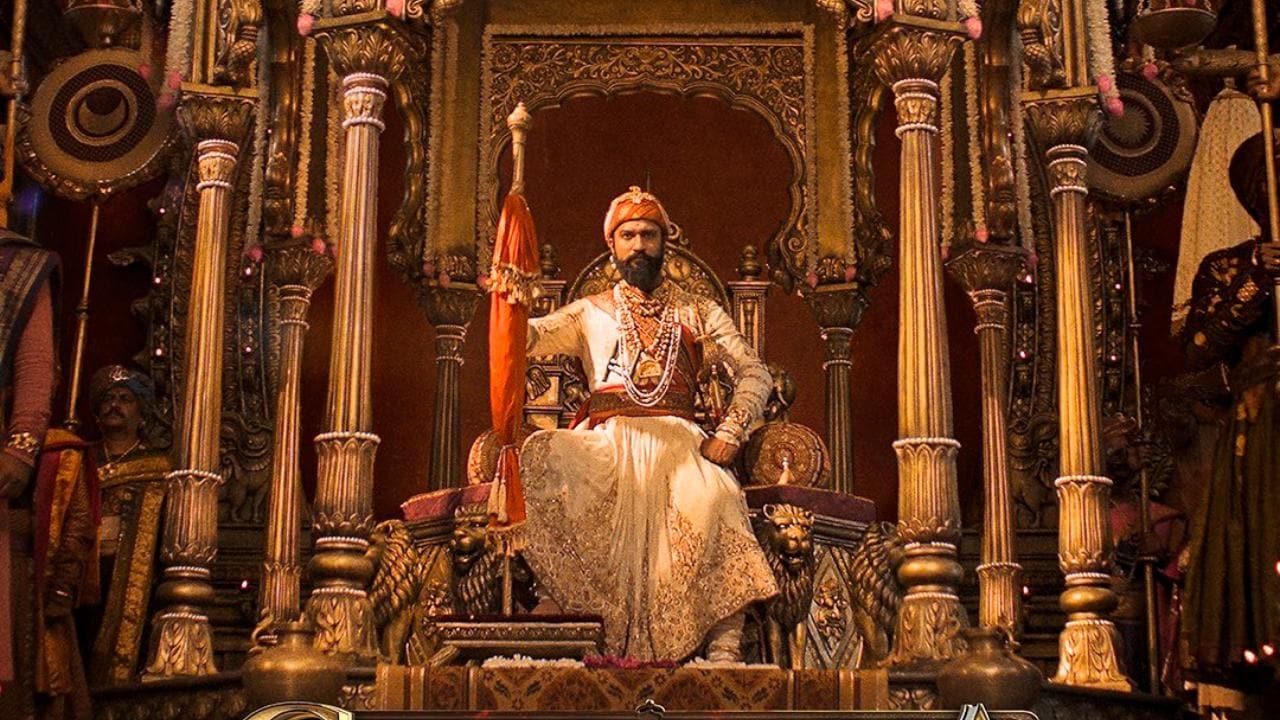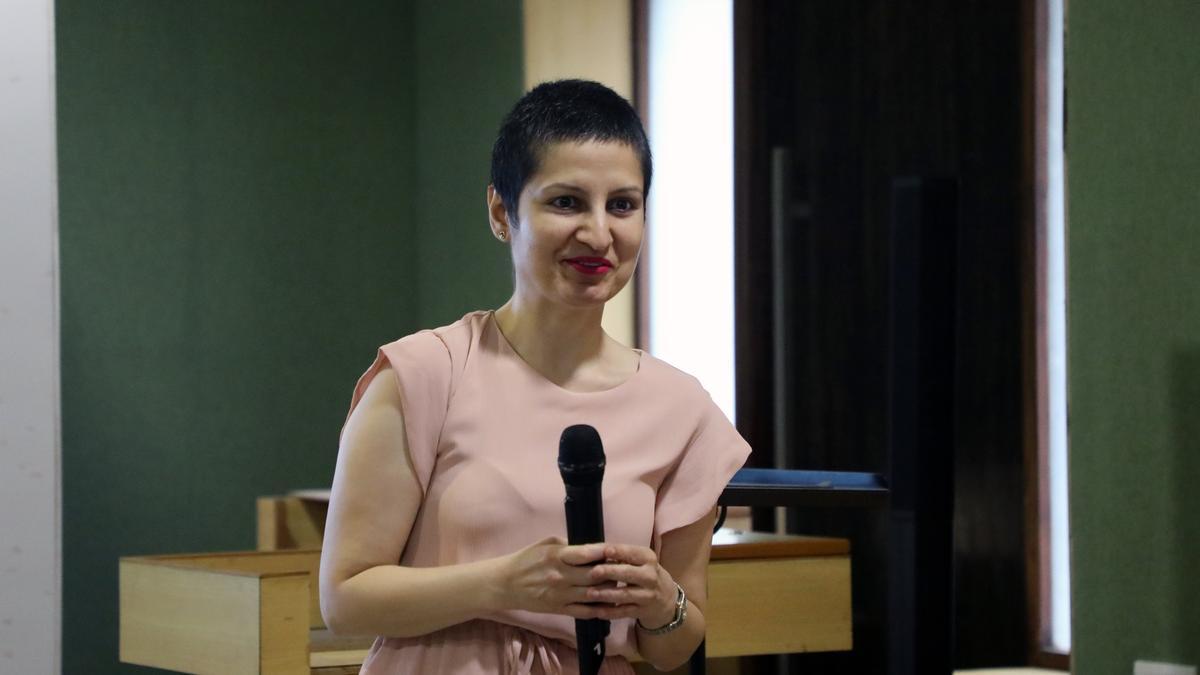
The cultural arena is facing a ripple of disquiet as Pakistani singer Atif Aslam prepares for a return to the Bollywood music scene after an absence of seven years. His purported comeback has sparked a sharp warning from the Maharashtra Navnirman Sena (MNS), a regional political party known for its staunch stance against the inclusion of Pakistani artists in Indian entertainment.
The MNS, led by Raj Thackeray, has a history of asserting its disapproval of cultural exchange with Pakistan amid periods of political tension between the two nations. The party’s cinema wing president, Ameya Khopkar, emphatically stated that Bollywood producers should not entertain the idea of rolling out the welcome mat for Atif Aslam. Khopkar’s declaration was unequivocal: “Pakistani artistes will not be tolerated here. Never.”
In a recent communication, Khopkar underscored the resolute position of the MNS, cautioning both Bollywood and regional entertainment industries throughout India against engaging Pakistani talent. His warning comes on the heels of similar objections previously raised against the screening of the Pakistani film ‘The Legend of Maula Jatt’ in December 2022.
The controversy emerged as reports indicated that Aslam has been signed to lend his voice to the soundtrack of ‘Love Story of 90s’, an upcoming Hindi movie produced under the banner of Sangani Brothers Motion Pictures. The producers, Haresh Sangani and Dharmesh Sangani, along with director Amit Kasaria, have expressed their thrill at having the acclaimed singer on board. The film will also feature actor Adhyayan Suman and Miss Universe Diva, Divita Rai.
Responding to the emerging situation, the Sangani brothers shared their enthusiasm: “It is sheer bliss that Atif Aslam is staging a comeback after such a long hiatus. His participation as the voice behind the first song in our movie ‘LSO90’s’ is sure to excite his fans and signal a significant return to Bollywood.”
Atif Aslam, aged 40, is not a new name in the Indian music industry. His soulful renditions have been a part of numerous Bollywood blockbusters, collaborating with top-tier music directors on projects such as ‘Baaghi 2’, ‘Tiger Zinda Hai’, and ‘A Flying Jatt’. His artistic expression transcends being a vocalist; he is also recognized as a lyricist, composer, and actor who has left an indelible mark on the fusion of Pakistani and Indian cultural relations through arts.
Notwithstanding the euphoria surrounding Aslam’s comeback, the MNS’ stance exhibits the ongoing complexities in the relationship between the neighboring countries. While art frequently attempts to bridge divides, politics can erect walls that challenge the unity and cooperative spirit within the cultural sector.
Khopkar’s explicit defiance remains a testament to the position held by the MNS, and it is apparent from his words that the party intends to stand firm on its policy concerning Pakistani artists, stating, “This was and will remain the stand of MNS.”
As the MNS fortifies its objection, the onus now falls on the entertainment fraternity to navigate these tumultuous waters. The broader implications for cross-border artistic collaborations continue to spark dialogue and debate, underscoring the role that arts and politics play in the subcontinent’s intricate social fabric.
For fans of Atif Aslam, the prospect of hearing his voice in a new Bollywood movie is a moment of anticipation. Yet, the stark admonition from the MNS adds a layer of uncertainty to an already complex narrative—a ballet of artistry shadowed by the silhouettes of geopolitical stances.
The Bollywood industry, which has often served as a cultural bridge, finds itself at yet another crossroads. Will the producers heed the warnings issued by the MNS, or will the art prevail? The coming days are sure to unfold more as this story continues to develop.
(with inputs from IANS)










